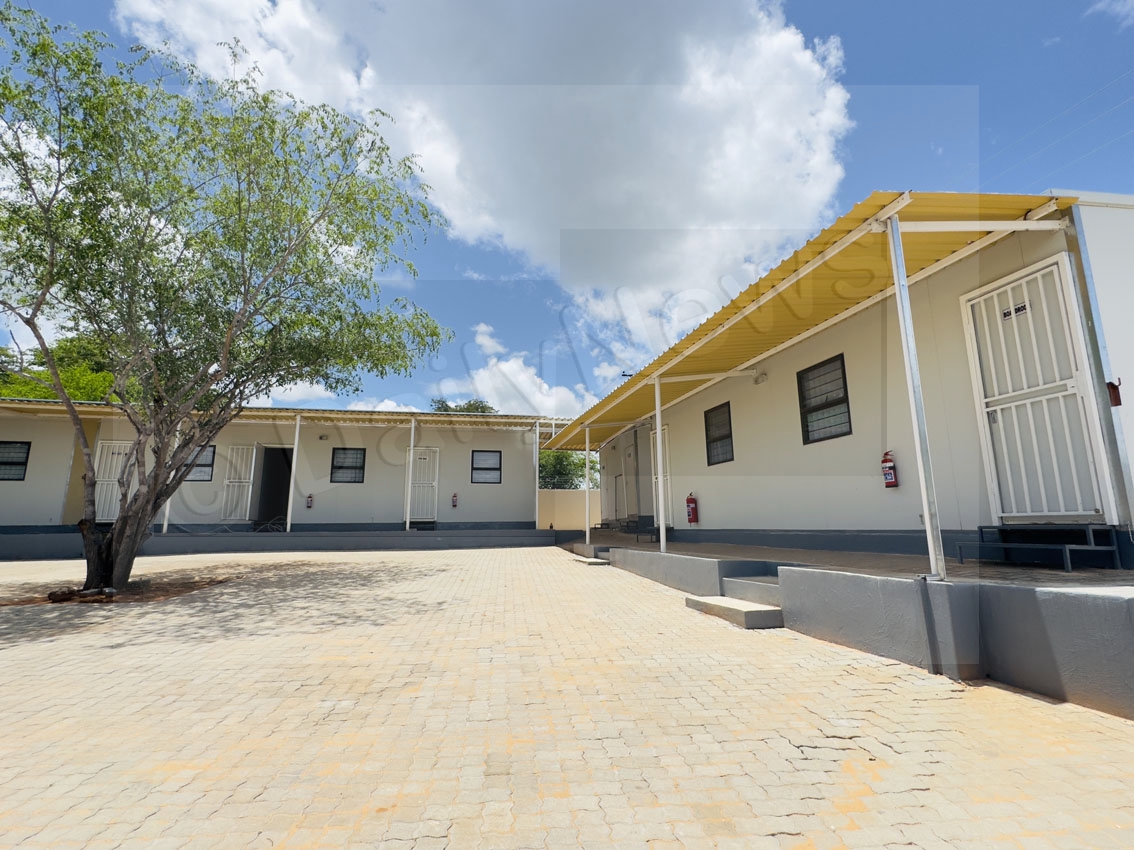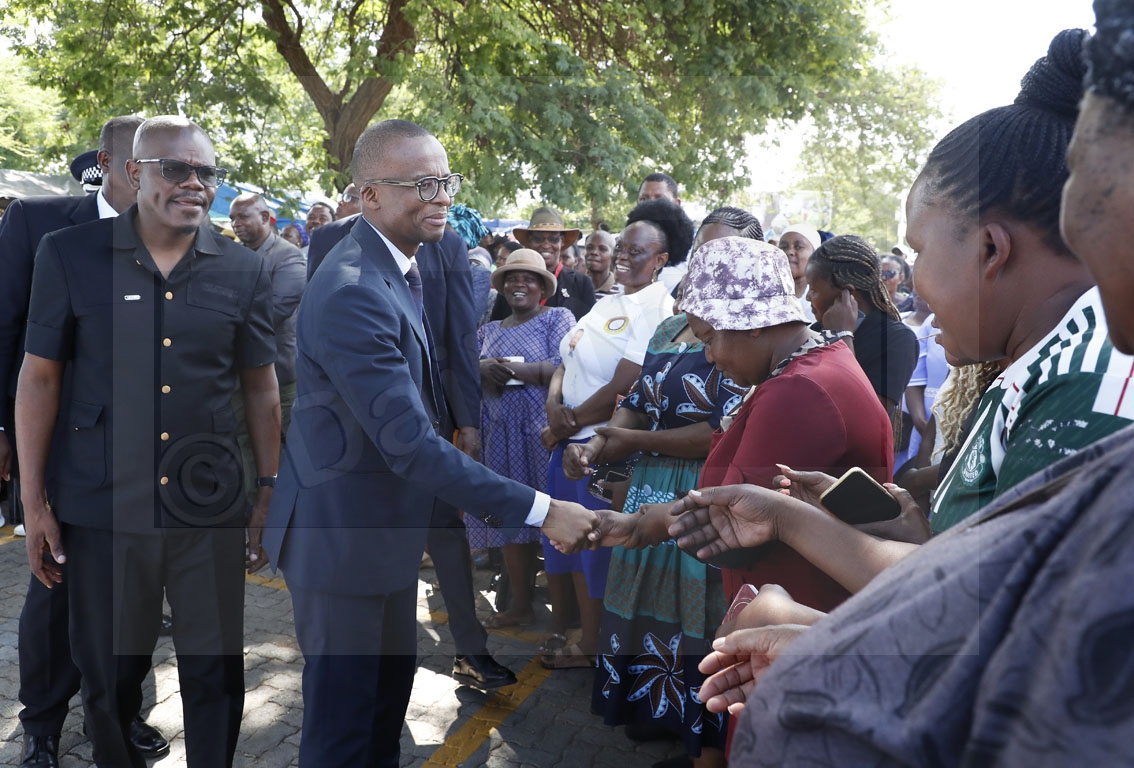Illicit trafficking bleeds Africa of billions
13 Jul 2023
Illicit trafficking in minerals, wildlife, people, weapons, finance, narcotics, cyber-theft and other commodities costs African economies well over US$100 billion in value annually.
This is according to panellists who debated in a session on how to combat illicit trafficking opportunities by the public and private sectors during the ongoing US-Africa business summit at Royal Aria in Tlokweng on July 13.
The panelists, among them the Minister of Defence and Security Mr Kagiso Mmusi were also in consensus that by some calculations, the drain through illicit trade in all its forms significantly outpaced the annual value of official development assistance.
The consensus was also that these illicit flows resourced transnational criminal organizations that fueled unrest, conflicts, corruption and undermined democratic and accountable governance within and far beyond Africa’s borders.
Making his contribution, Mr Mmusi said illicit trading was also a challenge for Botswana as it was globally, and that it was vital to tackle it as a collective by all government law-enforcing entities.
“In Botswana, illicit trafficking was initially an issue of anti-poaching because it was mostly in wildlife, but it has since spread to other forms, so we had to come up with a process of ensuring that our law enforcement units worked together,” he said.
Mr Mmusi also said if left to thrive, illicit trading had the potential to impact the legitimate growth of national economies.
He, however, said Botswana had made efforts in combating the trade as it passed 16 laws in 2020, which he said government will ensure to enforce.
The Director General of the Financial Intelligence Agency, Ms Bopelokgale Soko said to effectively address illicit trading globally, the first step was to criminalize its financing.
“From then, we should ensure effective systems support across borders.
Criminals normally look for the weakest point so if one country has weak laws or enforcement they will thrive there,” she said, and advocated for a need to share intelligence and data.
Ms Soko also said Illicit trading should be made unprofitable and unattractive to kill it off. Another speaker, Mr Joseph Bank of Lockheed Martin International said that the current harm by illicit trading could be felt for even decades to come.
“As the private sector, we also have interest in the fight against illicit trading because we lose business to it. We should consider employing technology, such as the usage of drones in anti-poaching,” he said.
Mr Bank said this also had the potential to create legitimate employment.
Other speakers said countries should intensify security checks at borders, especially since it had been discovered that although illicit trafficking was in many forms, perpetrators were mostly the same people all across.
The debate explored the prospect for enhanced partnerships between private sector companies with expertise in various areas to better enable African governments and multilateral organizations to detect, assess, analyse, identify, interdict, prosecute and hold accountable those perpetrating illicit trafficking. ENDS
Source : BOPA
Author : Olekantse Sennamose
Location : TLOKWENG
Event : Debating session
Date : 13 Jul 2023




